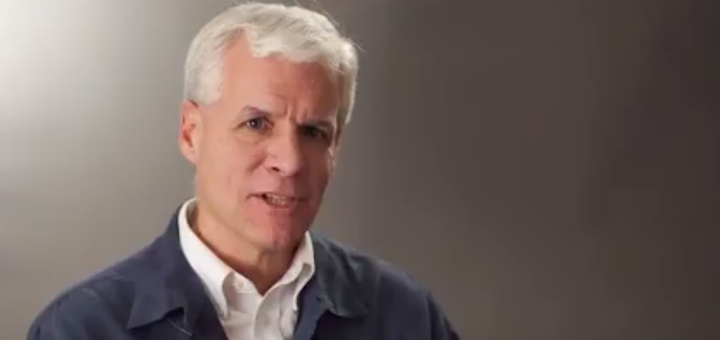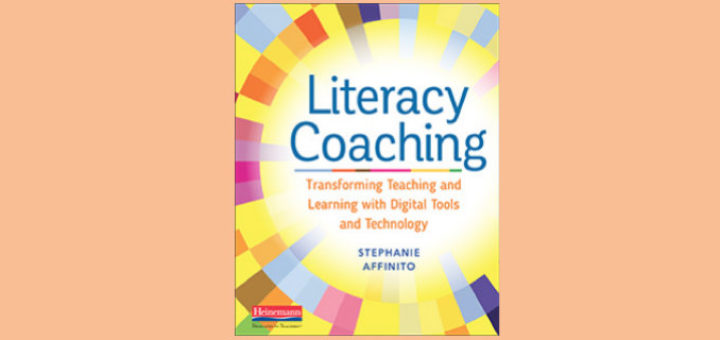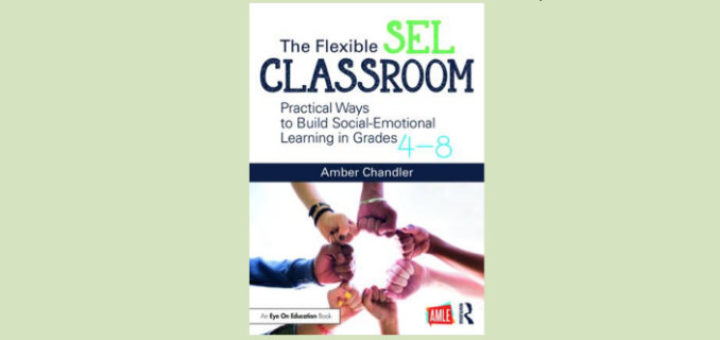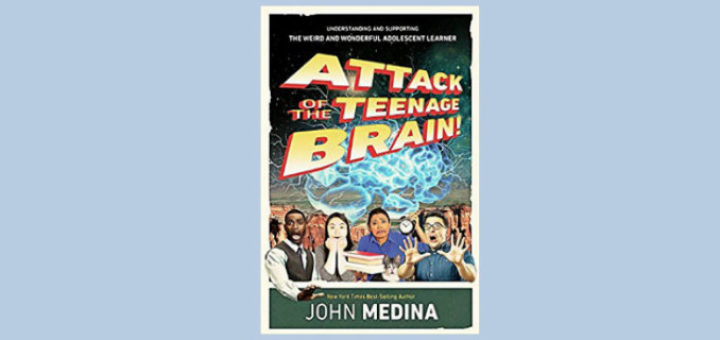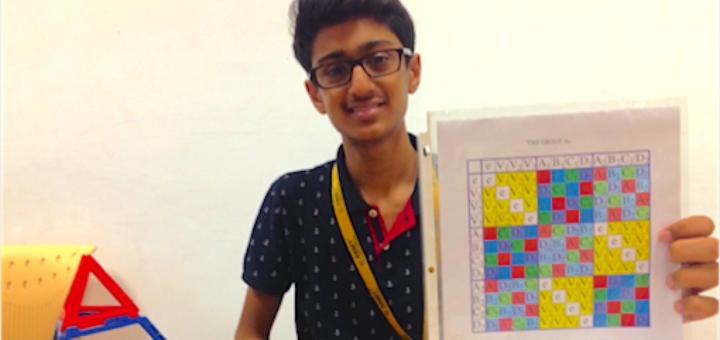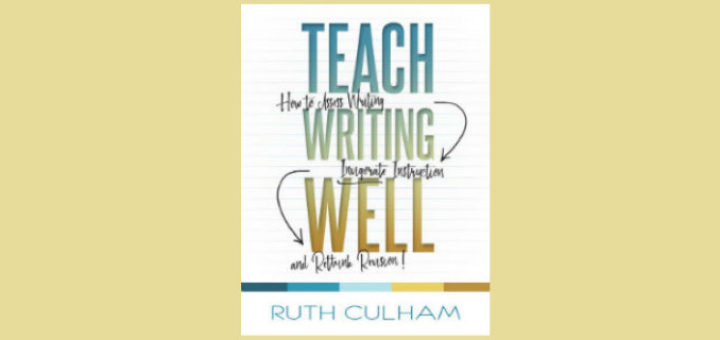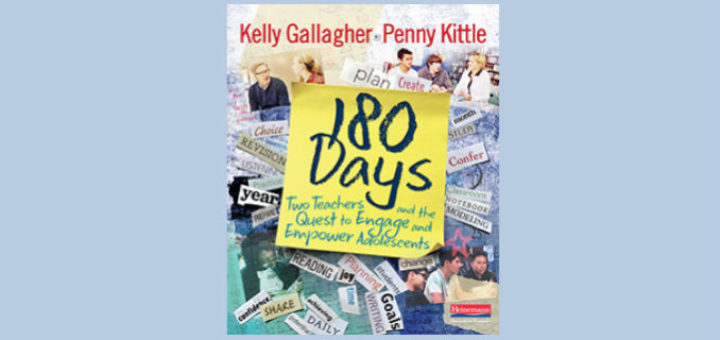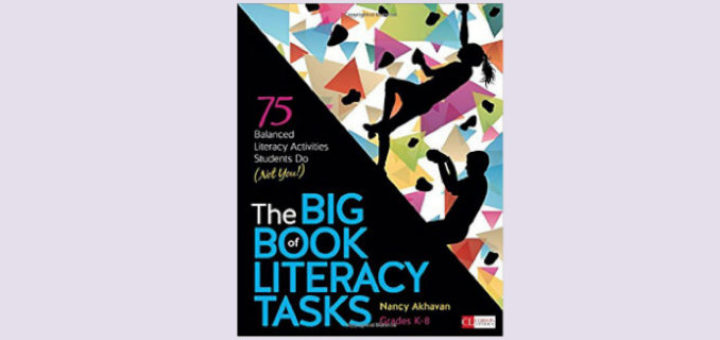Tread Carefully Into the Rocky Realm of Rubrics
Rubrics should clarify both teacher and student thinking, writes classroom assessment expert Rick Wormeli. They can help mentor students as they analyze and reflect on their work, but there are cautions in their use that effective teachers will take time to investigate.

